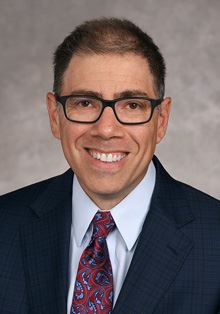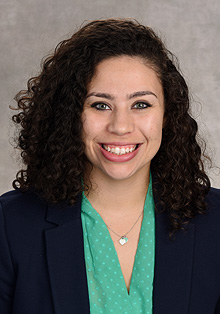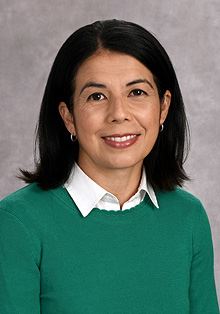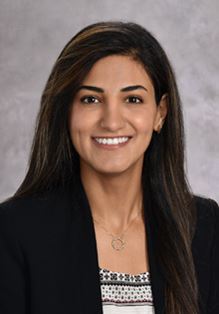1571-1580 of 2791 Results Found
Condition
Overview of Kidney Disorders in Children How do the kidneys work? Your child's body takes nutrients from food and converts them into energy. After your child's body has taken the nutrients it needs, waste products are left behind. They are left in the bowel and in the blood. The
Doctor
Gregory C. Martin, MD
Division Chief, Neonatology; Bill and Cathy Hudson Endowed Chair in Neonatology
Specialties


Condition
Skin Tests What are skin tests? Skin tests may be done to diagnose rashes, moles, skin allergies, bacterial or fungal skin infections, and other diseases. Skin tests are also done to tell the difference between cancer (malignant) cells and noncancer (benign) growths. What are the


Condition
Femoral Anteversion in Children What is femoral anteversion in children? Femoral anteversion is an inward twisting of the thighbone (femur). The femur is the bone that is located between the hip and the knee. This health problem causes a child’s knees and feet to turn inward. The
Condition
Effects of Stroke What are the effects of stroke? The effects of stroke vary from person to person. They are based on the type, severity, location, and number of strokes. The brain is very complex. Each part of the brain has a certain function or ability. When an area of the
Service
In the past, babies born with a single ventricle heart defect had limited treatment options and little chance of surviving early childhood. Now, through a series of three to four palliative surgeries and ongoing disease management, many children born with single ventricular
Service
Hypothalamic hamartomas are rare, benign (non-cancerous) tumor-like formation on the hypothalamus, the area at the base of the brain that controls the production and release of hormones by the pituitary gland. These growths are associated with a severe form of childhood epilepsy
